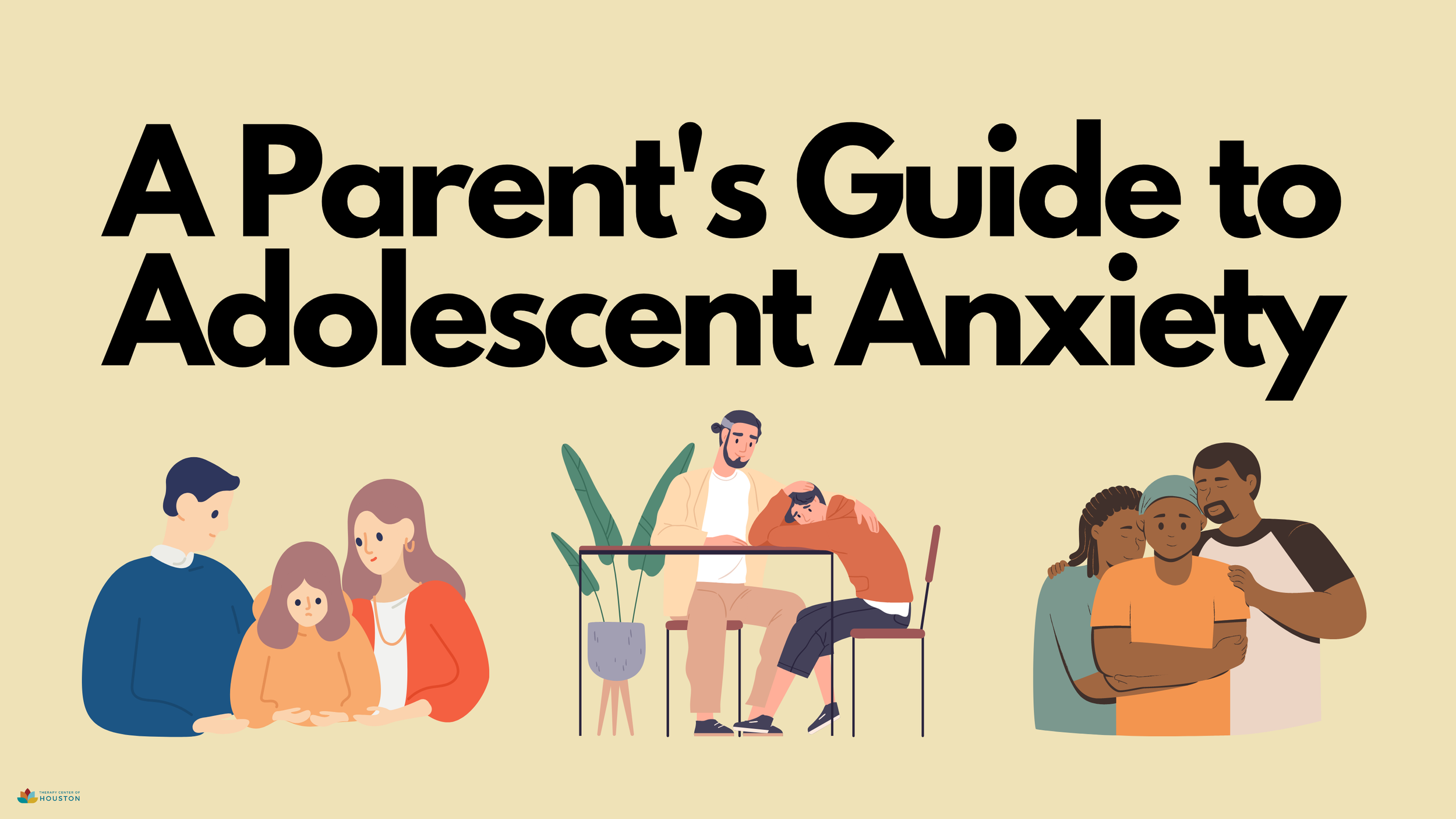A Parent's Guide to Adolescent Anxiety
It is not uncommon for adolescents to experience fear or worry, sadness, or hopelessness from time to time. The bodily changes and development they are going through are awkward and uncomfortable, it takes time for them to be confident in their own skin. The important thing is for parents to know what is normal behavior and what may be a deeper case of anxiety.
Signs of Adolescent Anxiety
It’s essential to take note of how your teen is acting. Some signs your adolescent may be experiencing anxiety are:
Irritability
Excessive fear
Excessive worrying
Restlessness
Issues concentrating
Sleep problems
Chronic complaints of stomachaches or headaches
Possible Substance use
Your teen can appear:
Dependent on friends or family
Withdrawn
Either overly emotional or overly restrained
Extremely shy
How to Respond
Adolescent anxiety often centers on bodily changes and the feeling of not being comfortable or confident in their own skin. There are some responses that you as a parent can take to help decrease your teen’s anxiety.
Listen carefully and respectfully
Let them know that it is completely normal, but still valid to feel uncomfortable
Don’t discount the way they are feeling
Praise them when they take steps to face their anxiety
Assure them that they can handle the situation at hand
And if this continues consistently for more than several months, support them in seeking professional help.
Treatment for adolescent anxiety is individualized for each person by your clinician and often focuses on ways of reducing symptoms, relieving stress, and minimizing its effects on social life, school, and development.
Most often, anxiety in adolescents is treated using Cognitive Behavioral Therapy (CBT), in conjunction with other possible modalities that are individualized to fit your teen’s needs. If you are interested in seeking help for your child, check out our counselors who work with adolescents.



